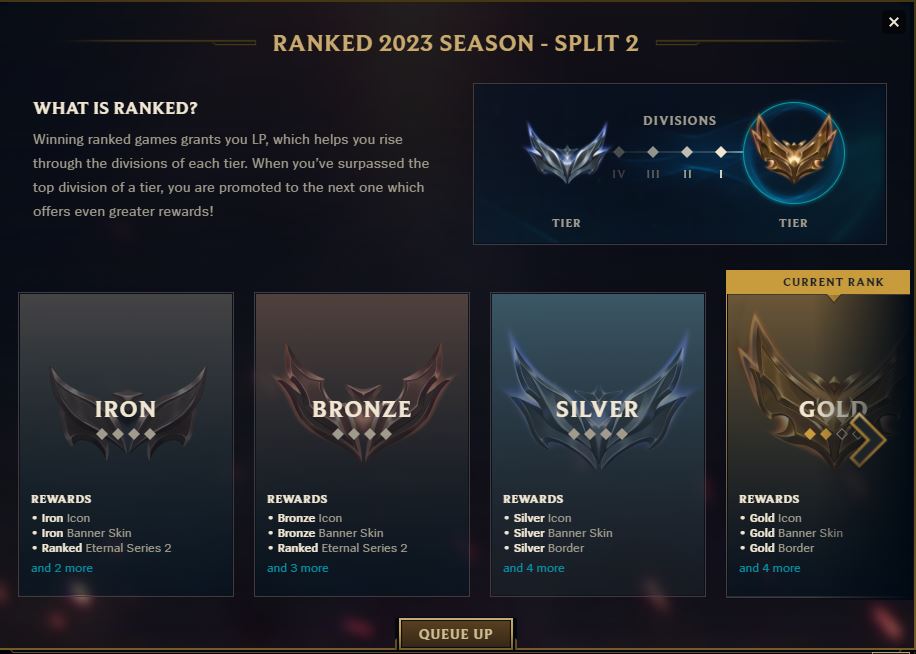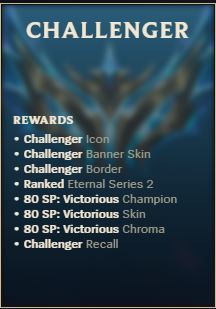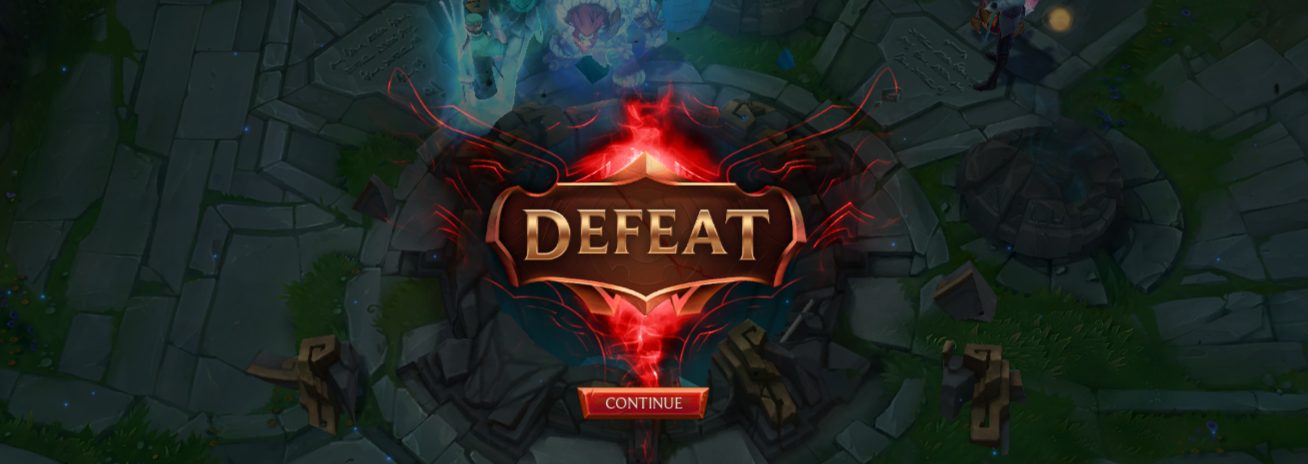Just recently, October 2023, researchers have released a research article explaining the psychology behind the folk theory of ELO Hell. ELO Hell can be explained as a phenomenon in the League of Legends community, in which players playing the ranked game mode are stuck in a rank they don’t see themselves belonging into. “The psychology of esports players’ ELO Hell: Motivated bias in League of Legends and its impact on players’ overestimation of skill” is a research that provides a new understanding of the community of esports players and the beliefs behind their successes and failures

The results of the research look into how lower-ranked players are showing the signs of the Dunning-Krueger effect, an effect where lower-skilled individuals overestimate themselves while higher-skilled individuals estimate themselves more accurately. At the end of the article, the researchers still ponder, if the use of the term Dunning-Krueger effect is fit, since some players don’t know their accurate rank, and also higher-skilled players are not able to over-estimate themselves. However, the researchers end up using the term, since players are constantly aware of their current rank, which gives the players a frame of reference for their skill level.
When the researchers asked from the sample of 267 players of LoL’s competitive mode, what are the reasons for their ranking placement, the answers differed between higher and lower-ranked players. The lower-ranked players attributed their rank to outside factors like other players or bad luck. Meanwhile, higher-ranked players attributed their success to internal factors such as effort, strategy, and practice. So lower-ranked players don’t blame themselves or their own skills for not climbing on the ranked ladder, but instead blame others. The toxicity of the League community plays a big part in this because even a slight failure can lead to degrading of other teammates, without taking into consideration the player’s own mistakes.
From the results, the researchers also found out that players who attributed their skills realistically or pessimistically tended to overestimate themselves less than those who attributed optimistically. Optimistically attributed players attributed their success to their own skill, while blaming failures on external factors like bad teammates. With optimistic attributions and the Dunning-Krueger effect clearly being more present in low-ranked players, the article proves how the folk theory ELO Hell is more about how players view their wins internally and defeats externally, rather than actually considering how their own skills are affecting their rank.

In addition, the researchers found a sub-group of players, who had become disengaged from improving their rank in LoL, or were only motivated to climb in ranked until they got to a rank (Gold 4) with good ranked rewards including a skin. These players much rather played other game modes or even games to have fun, since many of them found themselves frustrated by playing the much more serious ranked mode. A big reason why players don’t find ranked fun are the toxic players, who make a ranked match living hell, if the game doesn’t go as they would like.
Aeschbach, Kayser, Hüsler, Opwis and Brühlmann did the research by collecting data from a survey posted into the largest League of Legends subreddit and mining data from Riot API, from the 267 ranked players who participated in the survey. The players ranking varied from the lowest rank (Iron) to the highest rank (Challenger). In addition to blaming other players for failure in ranked, players also blamed their failure on lack of time or motivation. Climbing to a high rank is usually hard since the game requires good reflexes, strategy, mechanics, and lots of practice, so blaming the lack of time or motivation for failures is universal, from lower to higher ranks.
Basic information of League of Legends
Publisher: Riot Games
Developer: Riot Games
Platforms: PC
Release Date: October 27th, 2009
Genres: MOBA (Multiplayer Online Battle Arena)
PEGI: 12
The research article: “The psychology of esports players’ ELO Hell: Motivated bias in League of Legends and its impact on players’ overestimation of skill” (2023, Lena Fanya Aeschbach, Dominik Kayser, Antony Berbert De Castro Hüsler, Klaus Opwis, Florian Brühlmann)
Pictures: Taken by author from the League of Legends Client
